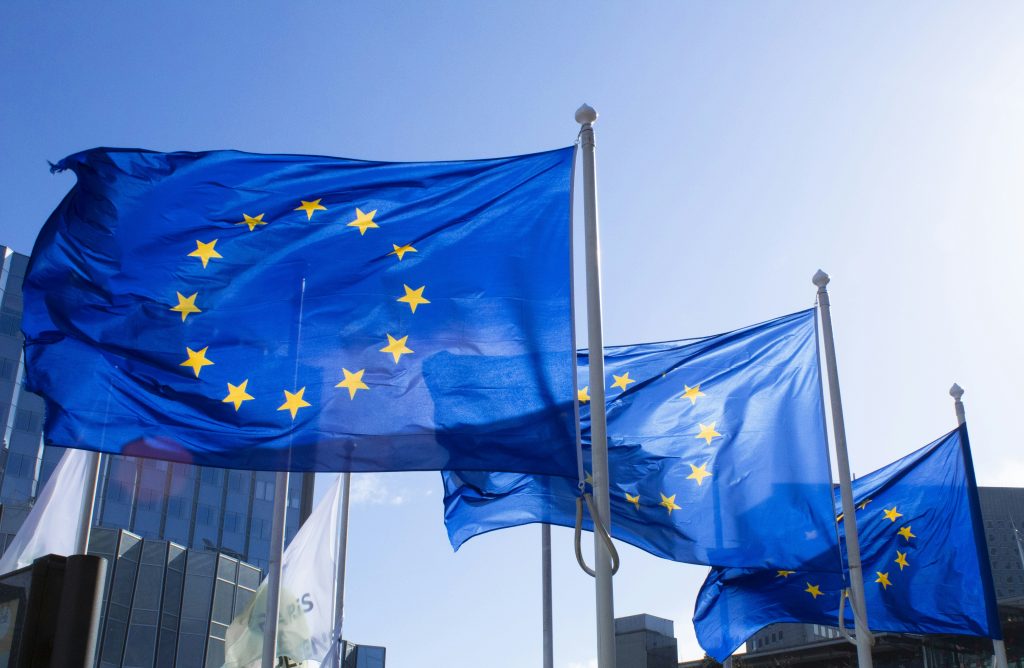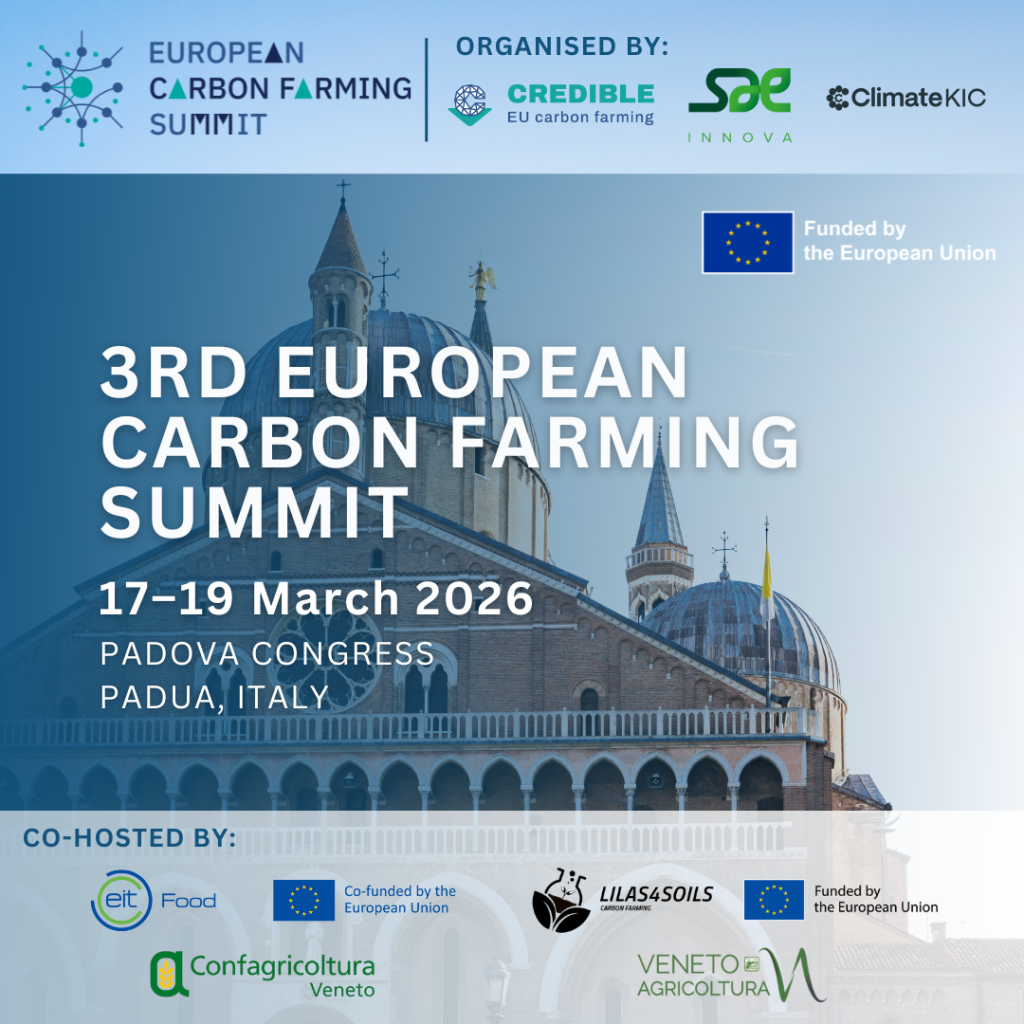

Policy Lab: Efficient, Circular and Affordable Housing
- This event has passed.
Policy Lab: Efficient, Circular and Affordable Housing
December 4, 2025 @ 1:00 pm – 5:30 pm CET
In cities and communities across the EU, delivering affordable housing is an urgent social, economic, and political imperative. Meeting this demand requires solutions that are both cost- effective and future-proof.
Leveraging the co-benefits of circular, energy-efficient, and climate-resilient housing – such as lower energy and maintenance costs, greater insurability, and reduced climate risks – can make homes more affordable in the long run and open the door to innovative, collaborative, and systemic solutions.
To this end, the EU Cities Mission is engaging European businesses and industry to translate Mission Cities’ Action and Investment Plans into specific, quantified, aggregate demand for green materials and technologies, infrastructure, manufacturing, logistics, interoperable digital solutions, and green business models. In this way, we can accelerate the formation of European lead markets and enhance competitiveness through resilience to climate and economic shocks.
Employing an innovative policy impact lab approach, in this session Climate KIC, in partnership with the Huge Thing and IRMIR (Institute for the Development of Cities and Regions) will gather key representatives of the European built environment ecosystem – policy makers, industry, innovators, local governments, subject experts – to start addressing housing related (esp. in terms of renovation or new construction) issues in a practice-oriented way. These representatives will work on matching challenges with solutions, identifying gaps, and creating space for participants to acknowledge both opportunities and limitations, to jointly explore ways and projects for moving forward.
- [Business models] In what areas are circularity and efficiency co-benefits of affordability? How can this potential be maximized?
- [Innovations] How can alternative and innovative approaches (like zero-emissions building sites, offsite construction, energy management innovations etc.), be integrated affordably?
- [Costs] What are the key cost drivers constraining the potential of building renovation / new constructions being delivered in affordable and sustainable ways, and how can they be addressed?
- [Costs] To what extent can innovative financial instruments (e.g. guarantees, subordinated debt, pay-as-you-save models etc.) balance short-term feasibility with long-term sustainability?
- [Waste] In what ways might construction and demolition waste be transformed from a cost burden into a reliable source of secondary materials?
- [Waste] How might circular and low-carbon materials, e.g. low-clinker cement or second-hand steel, be more broadly adopted?
- [Regulation] What innovations in the EU’s policies (shaping and implementation) or standards can ease affordability concerns without sacrificing sustainability?
- [Data] How can data (governance and use), digitization and AI be harnessed to drive sustainability and affordability?
- [Skills] What are the key skills and capacities missing amongst both workers and companies. What kinds of partnerships or models are needed to bridge the gap swiftly – to be able to reap the competitiveness benefits from transforming and becoming innovative?
Agenda
13:00 – 13:30 Registration & Networking
13:30 – 14:15
Welcome Remarks by the Organisers
- Katarzyna Bałucka-Dębska, Head of Policy and EU Affairs, Climate KIC
- Maryla Wojcieszek, Vice-President and Co-Owner, Huge Thing
Opening Remarks:
- Data applied at neighbourhood level: The case of the Basque Region’s Building Passport
Andoni Hidalgo, Climate KIC / Basque Urban Agenda, International Affairs Advisor
Ander Bilbao Figuero, Ciclica - Oslo case – Public procurement leveraging lead markets creation
Przemysław Derwich & Paweł Kaczkan, Climate KIC - Polish case study
- Views from the market
Representatives from ROBYG SA & Vantage SA
14:15 – 15:45 Lab-Style Discussions and Q&A
Participants will join lab-style, solution-focused discussions designed to move beyond sequential remarks and problem definition, encouraging practical exchange and co-creation of solutions. Discussion themes include:
- Leveraging public procurement and finance
- Enabling circular solutions
- Using data and digital tools
- Improving energy efficiency
- Building skills and capacity of workers and companies
15:45 – 16:00 Roundtable Summaries and Closing Remarks
16:00 – 17:30 Networking

